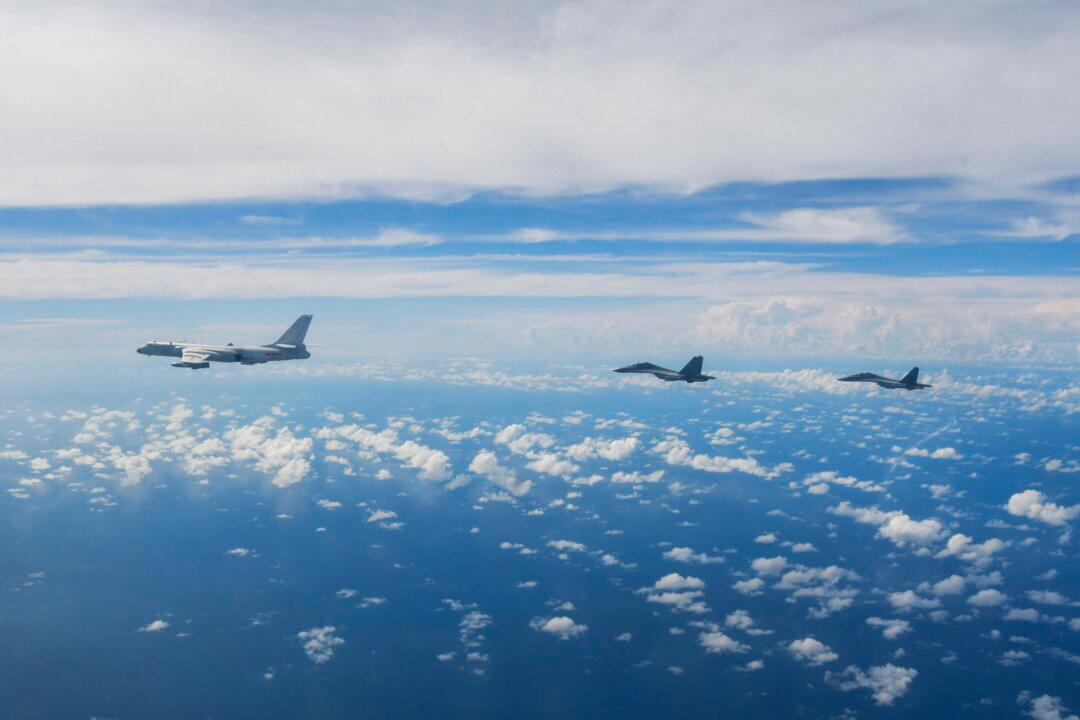A total of 42 Chinese warplanes and eight naval vessels were spotted around Taiwan on Aug. 19, a day after Taiwanese Vice President William Lai Ching-te returned from a trip that included stopovers in the United States.
Taiwan’s Defense Ministry detected that 26 PLA (People’s Liberation Army) aircraft crossed the median line of the Taiwan Strait, prompting Taiwan’s military to deploy aircraft, naval vessels, and land-based missile systems in response.





